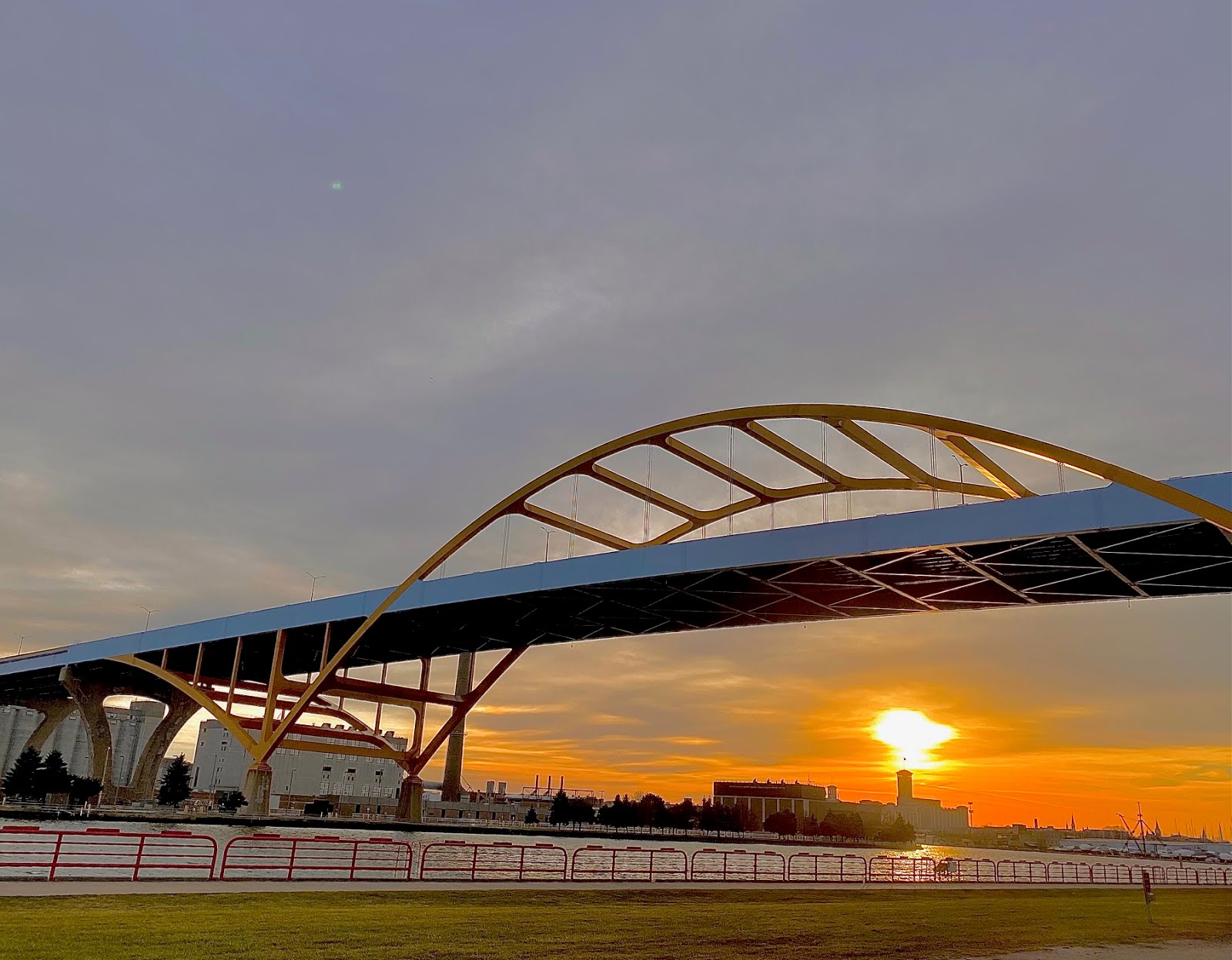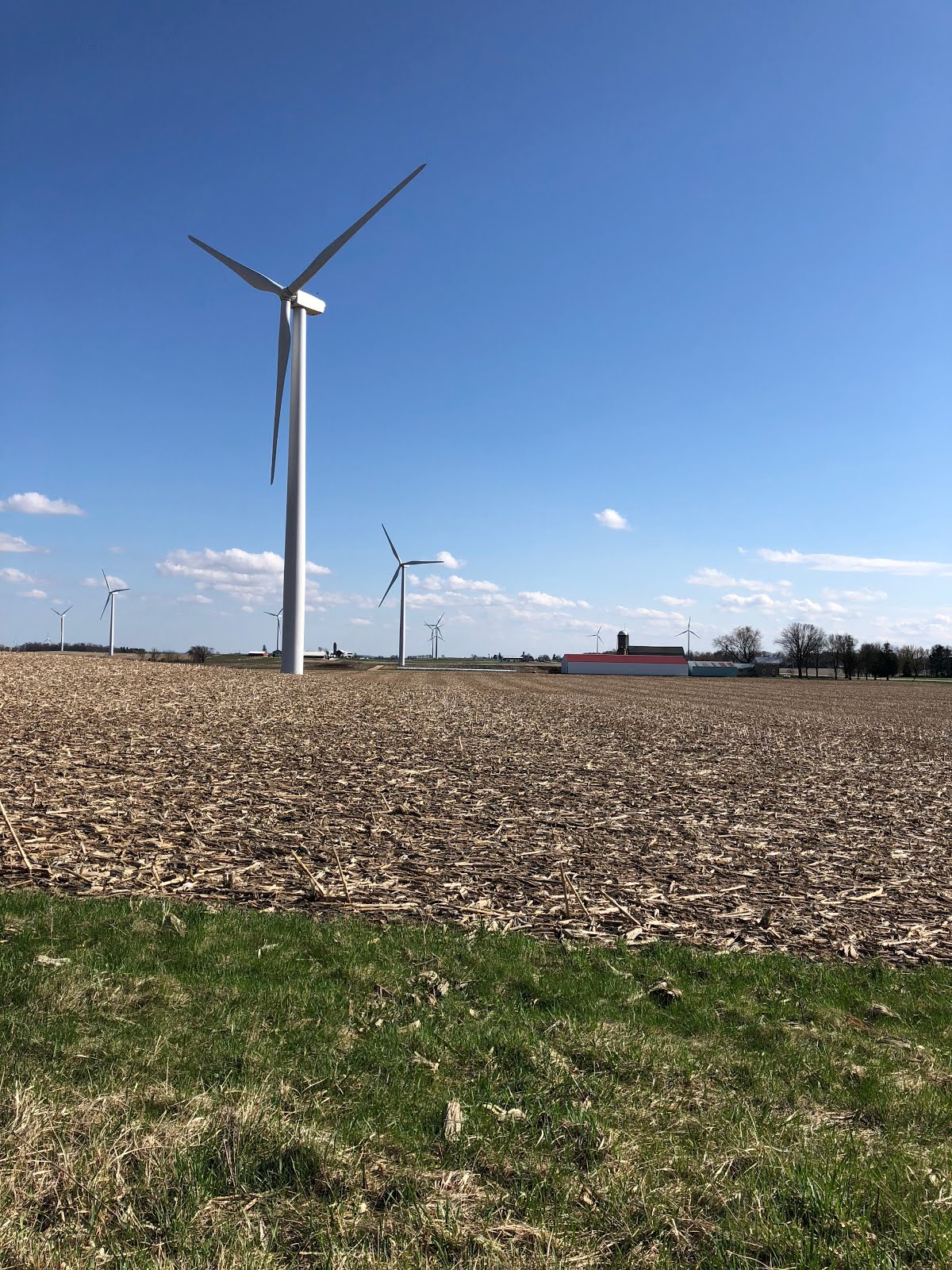Journal Sentinel Captures Essence Of WI Mining Bill Dispute
Great piece by Lee Bergquist.
Note that while industry claims the bill it helped the GOP-led Assembly write protects the environment, a non-partisan State Legislative body says otherwise:
As environmentalists see it, an analysis by the nonpartisan Legislative Council, the research arm of the Legislature, cites numerous examples where safeguards would be rolled back by this year's mining bill.
But Scott Manley, a lobbyist with Wisconsin Manufacturers & Commerce, sees it differently.
"When you look at the totality of what is being proposed here, it is a very robust set of regulations that protect the environment," he said.So do you believe, Bucky: a trade association lobbyist, or the non-partisan Legislative body?









4 comments:
Totality? How about t this specific ?
The slope of waste rock, for example, could be piled steeper than existing law, potentially allowing for faster water runoff.
No bill will be proposed unless it already has the votes to pass it. If waste rock can be piled higher than current regulations allow without impacting actual water quality, then let them do it.
Not to worry, the republicans will put the miner back up on the state flag and the drilling and blasting will begin soon. Pick up a few more Dupont stocks as they are going to need a lot of explosives, and those companies in Milwaukee that make mining equipment should be getting some new orders pretty quick. Piling those left over rocks a few feet closer to a creek isn’t going to make one bit of difference and if they need to fill in one lake, they will simply create a bigger, better deeper one.
"If waste rock can be piled higher than current regulations allow without impacting actual water quality, then let them do it.
"
Waste rock cannot be piled higher without causing acid mine drainage problems. But, it can be piled higher when the DNR insists on pretending there is no problem. And then northwest Wisconsin will find that they have to pay 10 times as much as they used to to have potable drinking water. And the wild rice will be gone. And the wild game diminished. And a lot more poverty in the area.
Post a Comment